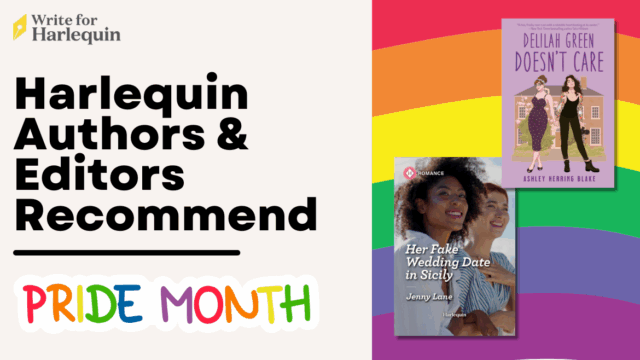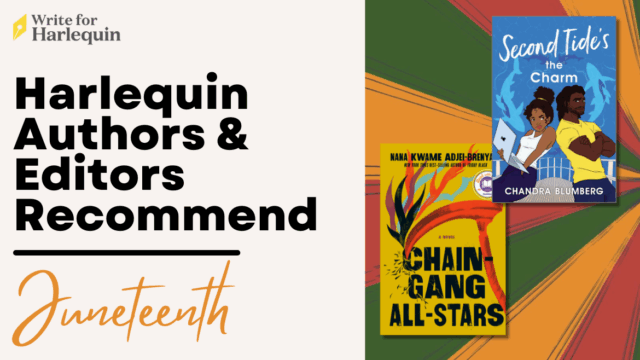On Tuesday, we posted an Advice from the Archives about writer’s block from Historical author Nicole Locke. In keeping with that theme, here are more tips, originally posted in December 2017, about moving past writer’s block and keeping that creativity flowing!

by Grace Thiele
Hello, dear aspiring authors! I’m writing to you today, wrapped in several layers of wool and hot chocolate in hand as Christmas marches toward us…about writer’s block!
Never mind the dreaded winter cold, the most unfortunate fate to befall a writer is the inexplicable stoppage of creativity. There can be lots of causes for it—be it burnout, loss of confidence, perfectionism, motivation, or external factors, it can feel debilitating. And it happens to (pretty much!) everyone. But there are lots of potential ways to help you overcome this.
Maybe the biggest fear when writing, or being creative in any way, is that what you’re doing isn’t any good. You can end up going over it a million times, reading, re-reading, re-writing, and after weeks of work realise that you’ve written the perfect…page. It’s definitely easier said than done, but try not to reflect too much as you go. Sit down, however, wherever, whenever, and just tell your story. Never forget that, once you have it written, you can revise to your heart’s content, and any editor will tell you it’s much easier that way around!
When I say it happens to everyone, I mean it. Part of my job is writing blurb copy for gorgeous Harlequin stories, but sometimes, no matter how much I love the book, I just don’t know where to start. My method is to go back to old-fashioned longhand. A computer screen, with the endless possibilities, can be overwhelmingly real. So I like to pick up a pen, grab a pad, and just see what comes to me. I’ll fill pages (in my admittedly sizeable handwriting) with ideas. Only when I’ve got something vaguely half decent do I type it up. When it’s half-formed, it’s so much easier to keep going, and things flow much easier.
One recommendation I pinched from another Harlequin editor is to engage in other creative activities. This might be planning for that project—you could develop detailed backstories for your characters, write passages describing settings, maybe even draft sections in other characters’ points of view. On the other hand, there could be other, unrelated projects, be it other writing ideas, painting, knitting, or baking (I say particularly to anyone who lives near me!). You might not use any of this in your final project, but it could very well get your fires relit!
Now, I can’t personally advocate this method, lazy as I am—but I have heard tell that exercise can be a great way to reinvigorate your creativity. Particularly if you devote significant time to your craft, you might find yourself sat, static, for long periods. If you live somewhere scenic, a long walk might help; if you live near a pool, you could take a swim. Or, in my case, briskly walk to the corner shop and buy some Pringles!
In the long run, having a fixed routine can be a great way to keep the beast at bay. Do you have a fixed time and place to write? Are you, maybe, actually more of a morning or evening person, and can optimise yourself that way? Can you rejiggle other parts of your day to accommodate writing in a structured way? Many of the most successful Harlequin authors treat it like a full-time job, and that discipline makes them super productive. Setting fixed times for yourself could be the way to keep your creative tap flowing.
That’s all from me, folks!




